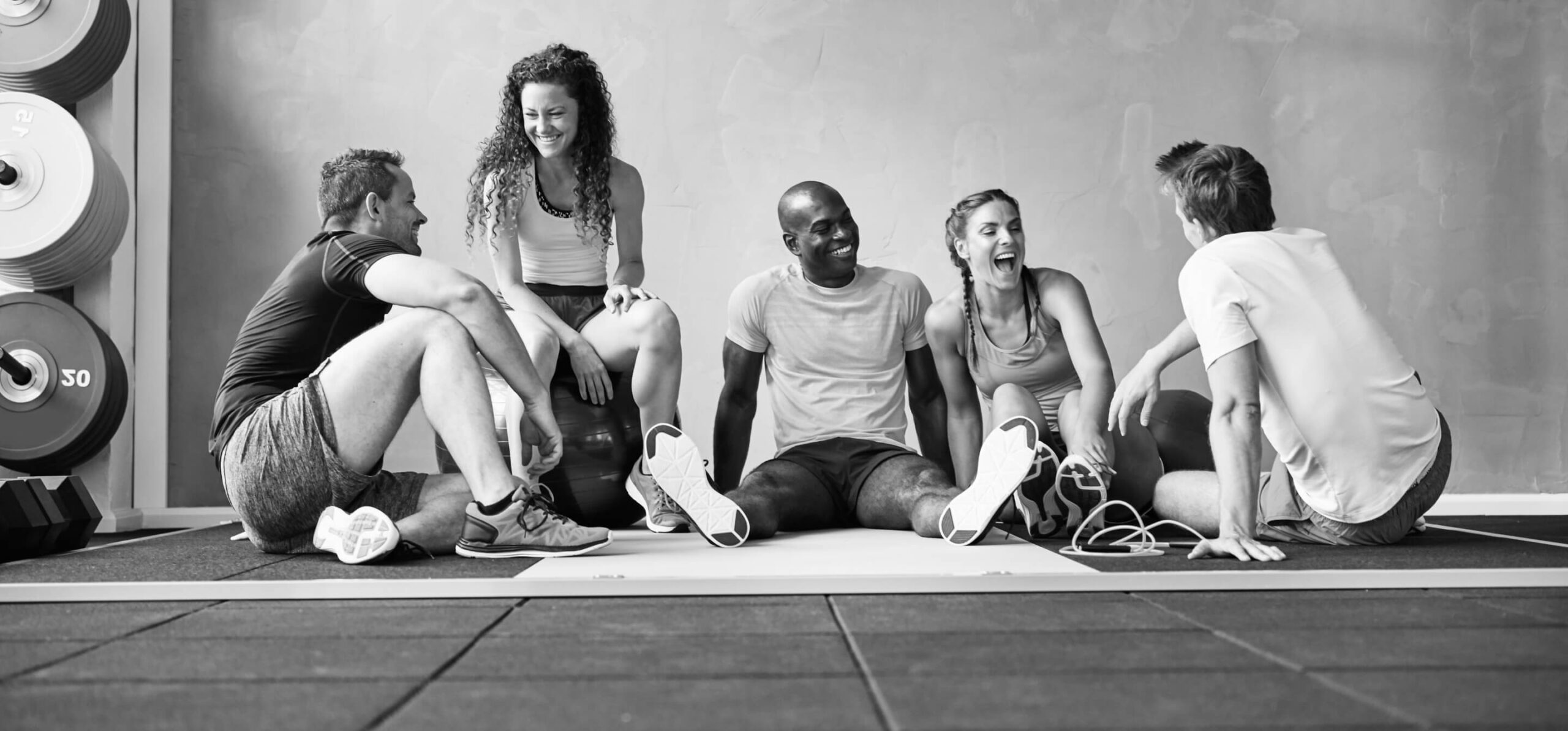1. Taking responsibility for one’s health and wellness: This can only occur with a change in mindset. We are taught to tough it out if we have a pain or a cold, that it will eventually go away. We are taught to tough it out with sports performance with the belief that it will only make us stronger and better performers. If it does not, we want the all-healing medications to fix it. This is what we know. The hardest obstacle in changing a mindset is that it MUST be replaced by another. The new mindset must be proven through research and clinical data for us to put forth the effort to change our thought process dealing with and responding to our health and wellness care. The research is there and in fact very strong, but difficult to access due to the overwhelming amount of data available to us. Understanding that changing a mindset is best and easiest in small steps. In making small changes, we can begin to feel increased control and ultimately increased self-efficacy and motivation. Take stock in what you can and cannot control. Having a sense of control over a situation improved adherence to the changed behavior and thoughts, ultimately improving overall health and well-being. Having a sense of comfort knowing that one can trust a professional to help in situations one does not feel in control also can help adherence to recommended treatments and optimism towards improved health overall.
2. Becoming pro-active: Becoming pro-active parallels changing a mindset, coordinating the behavior with the thought process. The two are strongest when working together and strongest again in small steps. For example: if you are lifting weights and have some back pain during the activity: changing your mindset from “I will just push through this, ignore the pain, and I will feel fine tomorrow” to “this pain is a sign I am straining my back and this is going to ultimately make me weaker, so I will stop this activity or lower my weights so I can perform this activity without straining my back”.
3. Lifestyles changes: Lifestyle changes naturally occur as we take small steps in changing our mindset and pro-activity. Education and small steps promote motivation and sustainability. It is clear today that quality sleep, daily physical activity, and a healthy diet are the primary measures of optimal health and well-being. Fortunately, today, technology has progressed to provide us with easy to use, low-cost tools to monitor our sleep, our physical activity, and our diet and educate us in how to improve where necessary. Preventive care starts with taking responsibility by utilizing preventive testing such as blood testing for micronutrient and inflammatory levels, hormone levels, organ functions, nutritional sensitivities, physical examination of the neuromuscular system and breath strength and flexibility, and an annual physical. If something is “off” in your body, do not ignore it. Respect it and have it examined. Become pro-active by finding a physician and other health care providers that you trust and connect with and know you are the primary caretaker in determining what plan of action is best for you. Change areas in your lifestyle that may not be the best for your health. If you wake up tired in the morning, get a sleep tracking device, and make the necessary lifestyle changes to improve your sleep. If you work stationery at a desk all day, get up and take
more breaks, walking, twist, move (This improves brain function and productivity!) Seek guidance in improving your physical health from a specialized physical therapist or trainer. If your diet is not working for you, make small changes or seek guidance from a nutritionist who can help you replace foods that you may find just as tasty and help you develop a meal plan that is sustainable. Tricore Wellness offers all areas of specialty for a team approach to assist you through your journey of optimizing your health and well-being.
Dr. Gaynell Anderson, DPT OMPT CHC



